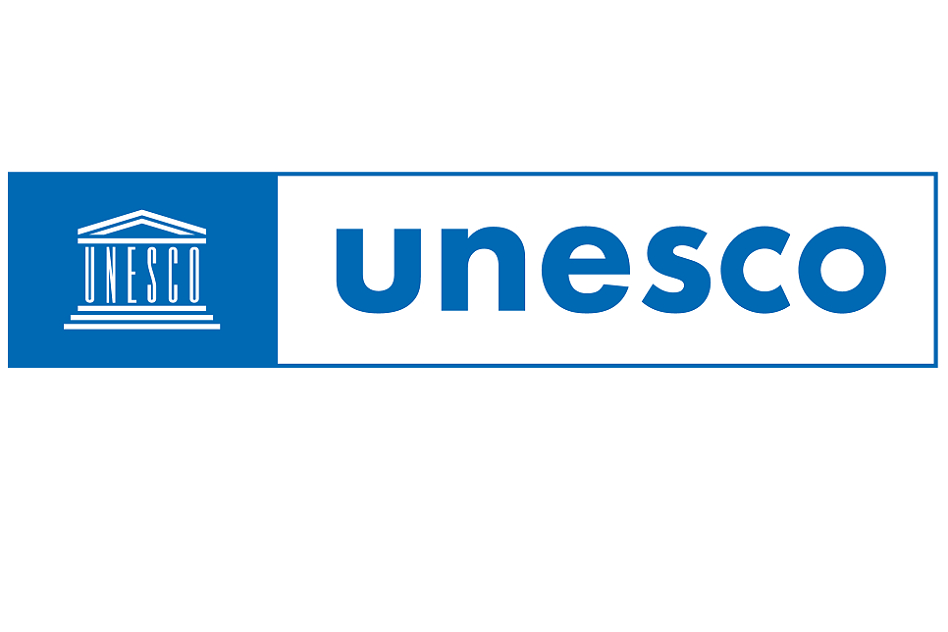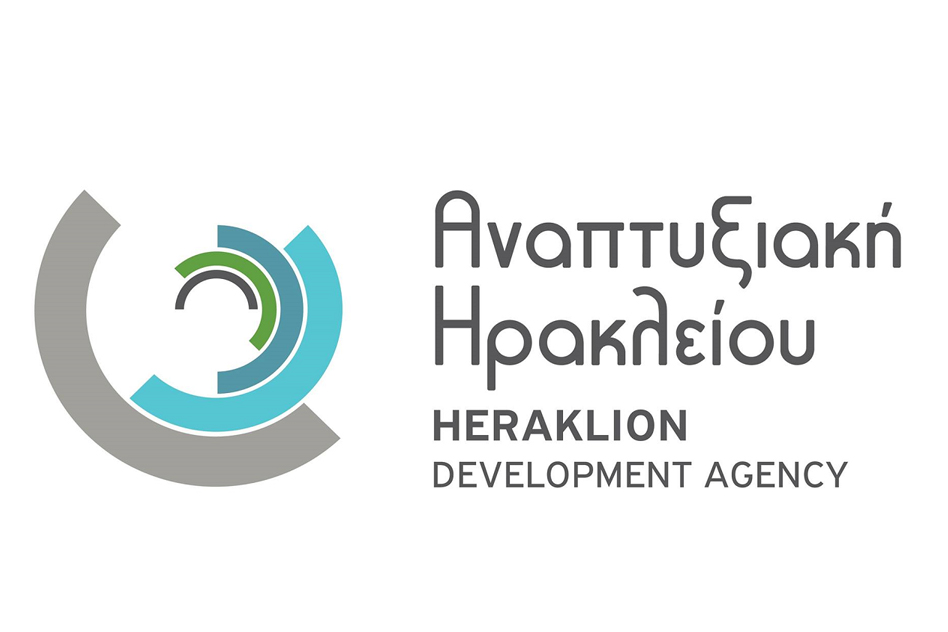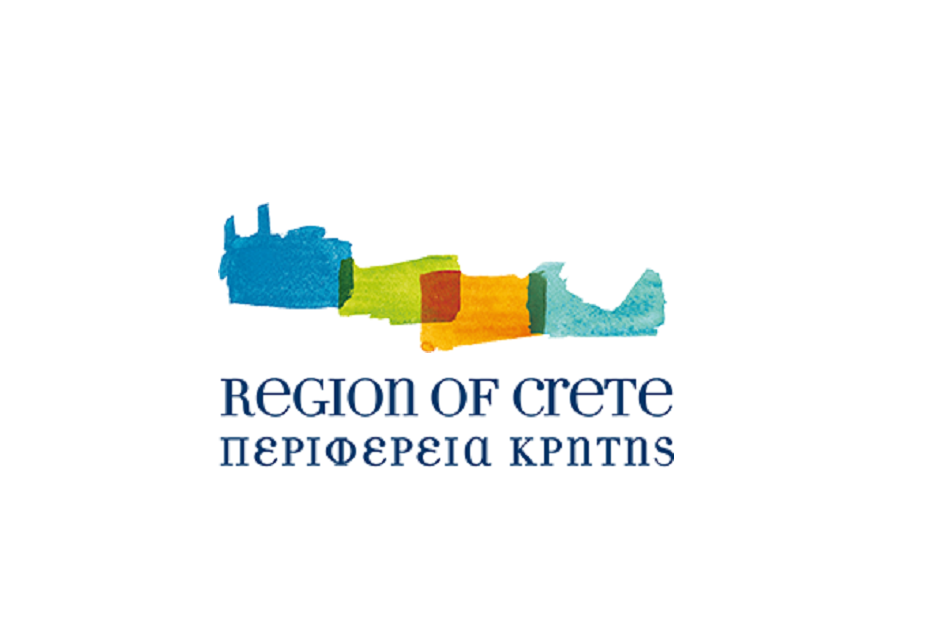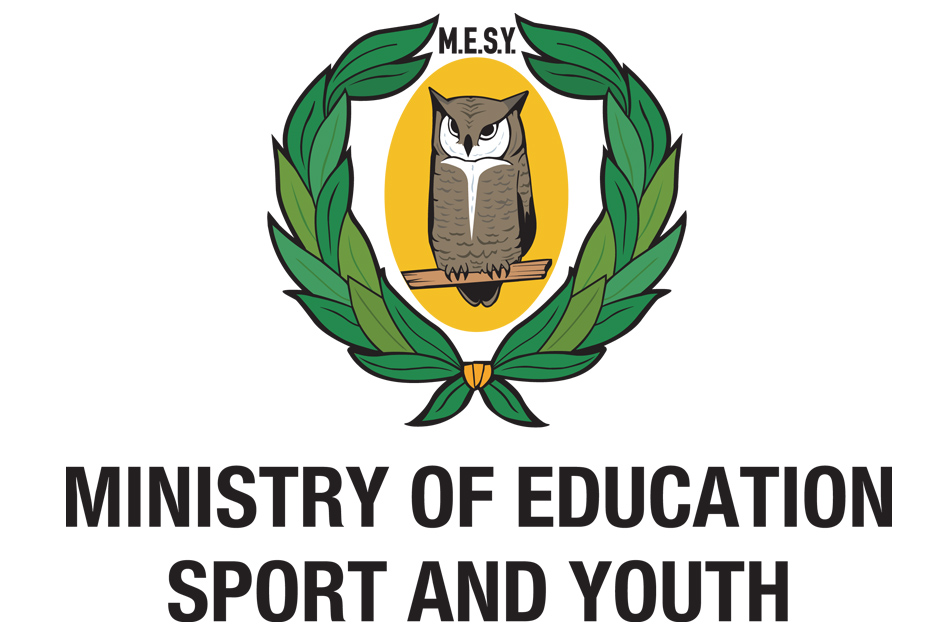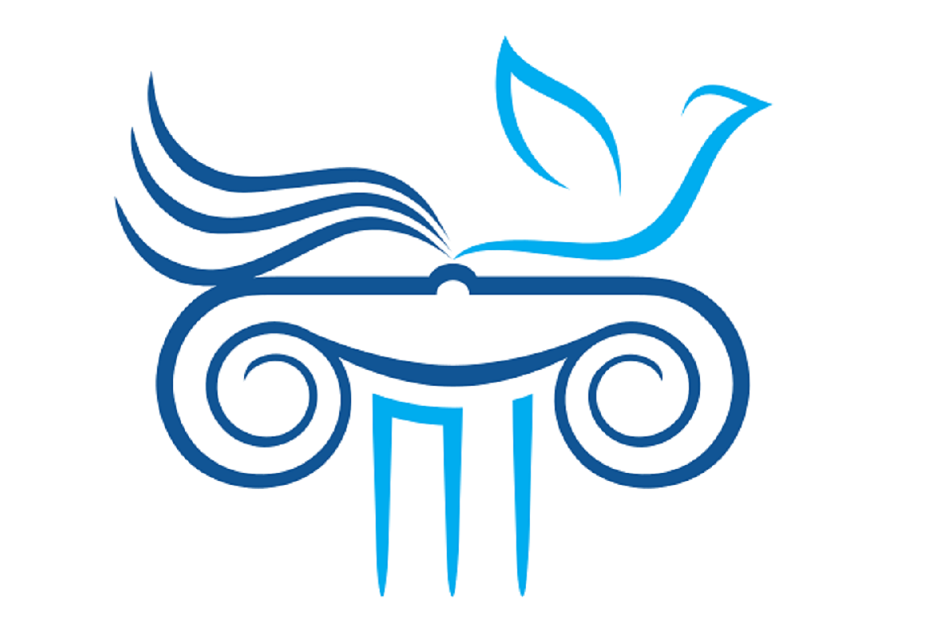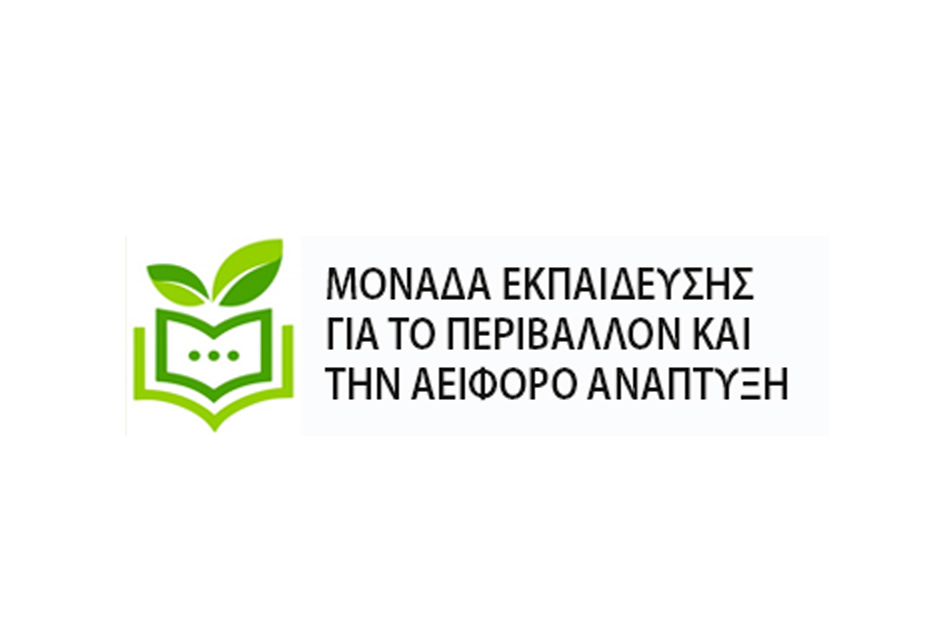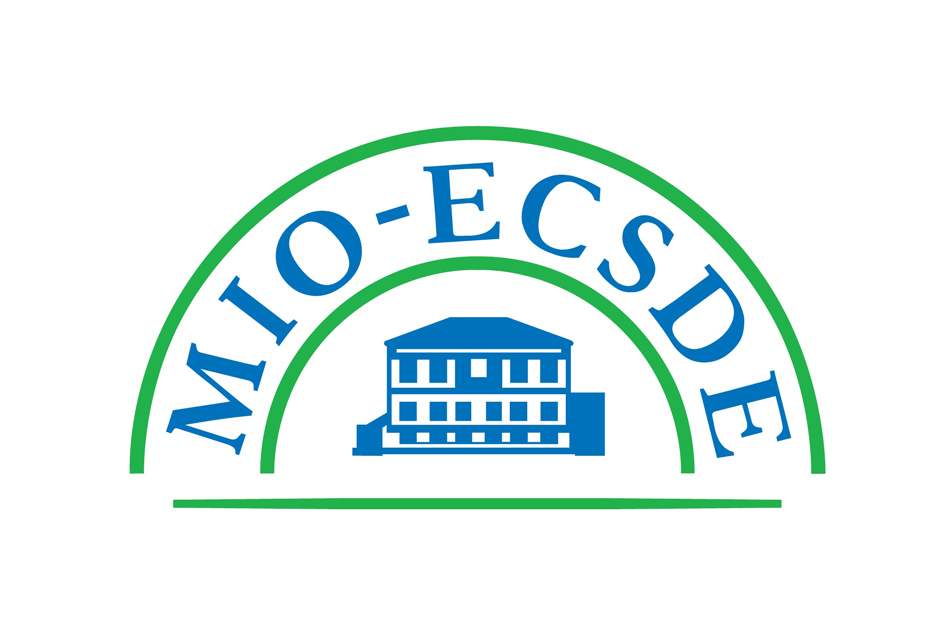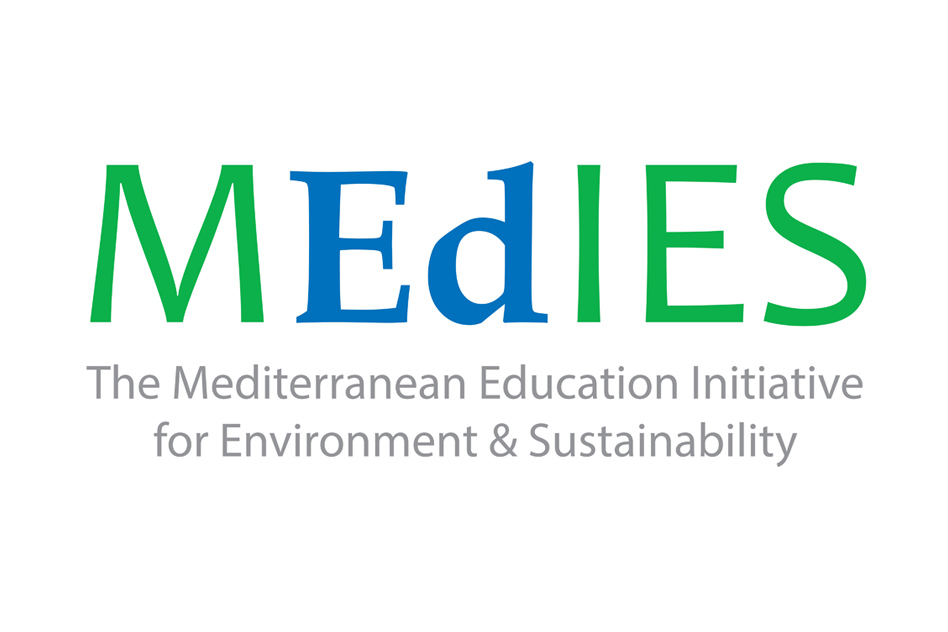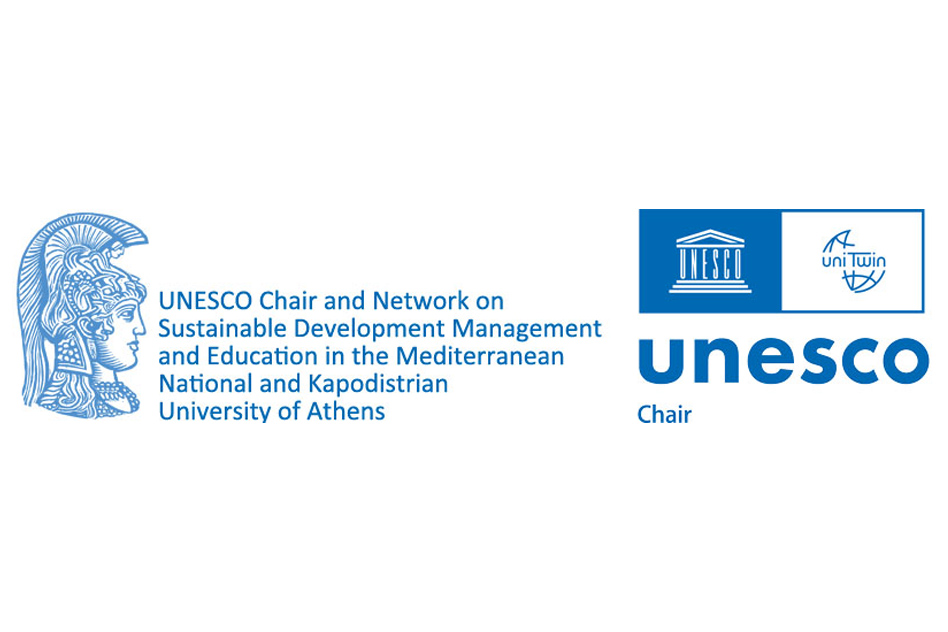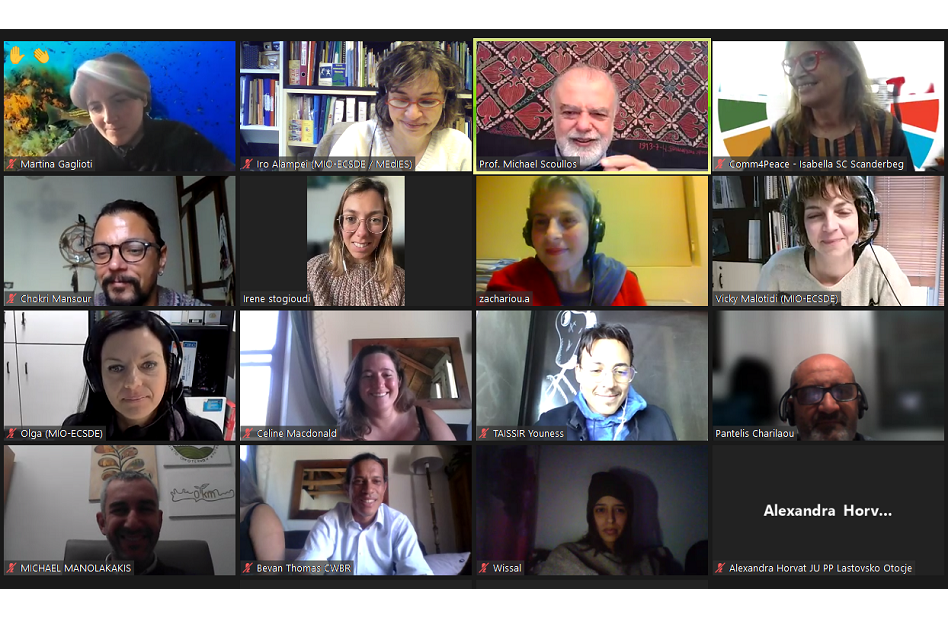This e-course was actually the virtual part (Phase B) of the 2022 Hybrid University that took place in Crete and Cyprus.
The overall aim was to equip participants with the knowledge, skills, and methodology tools enabling to exploit how sites such as Biosphere Reserves, and other marine and coastal Designated Sites can be living labs for cultivating ocean literacy schemes for their inhabitants, businesses and visitors.
A variety of means were used to deliver the course, such as video lectures by invited experts, video-testimonies from the live Phase A (in Crete and Cyprus, October 2022), guidebooks, as well as interactive exercises. In addition, the learners had the opportunity to “meet-the-expert” of each week in four live sessions, each lasting 1.5 hr (all recordings are available in the YouTube channel of MIO-ECSDE).
Another innovative aspect of this year was that many videos were used from the previous (2021) self-paced IOC/UNESCO course on Ocean Literacy for Educators enttiled ‘Waves of Change’, achieving therefore a greater dissemination and discussion.
The e-course in numbers
Active learners
Trainers
Countries represented
Meet-the-expert sessions
Successful completions (certificates)
%
Overall satisfaction
Participants’ testimonies
Coming from a country with a huge history at sea, I will always believe that its conservation and understanding is vital for the wellbeing of humans. A balance is always crucial for the maintenance of this pristine environment. Ocean Literacy for me is not only understanding the ecosystems and how the sea functions but also all the history, cultures, activities etc that it has affected through the years.
The ocean threats and challenges, no matter how ‘doom and gloom’ they actually are, need to be transmitted with clarity. Some ocean risks like acidification and temperature rise are very serious with irreversible trends, therefore immediate political response is necessary to deal with them: there is no time left.
As a marine scientist by training, throughout this course I was baffled by the amount of (inspiring) ocean-related stories I had never heard about before. This made me realize even more how much untapped potential there is still left for ocean-communication to become more effective and widespread under the general public, as the tools for it clearly already exist.
Organisers
The 2022-2023 Hybrid University is co-organised and supported by:
- UNESCO Regional Bureau for Science and Culture in Europe (Venice Office)
- Cyprus Ministry of Education, Culture, Youth and Sports | Pedagogic Institute of Cyprus | The Unit for Education for the Environment and Sustainable Development (EESD)
- Region of Crete | Heraclion Development Agency
- UNESCO Chair and Network on Sustainable Development Management and Education at the University of Athens (UoA)
- Mediterranean Information Office for Environment, Culture and Sustainable Development (MIO-ECSDE) through the MEdIES initiative
